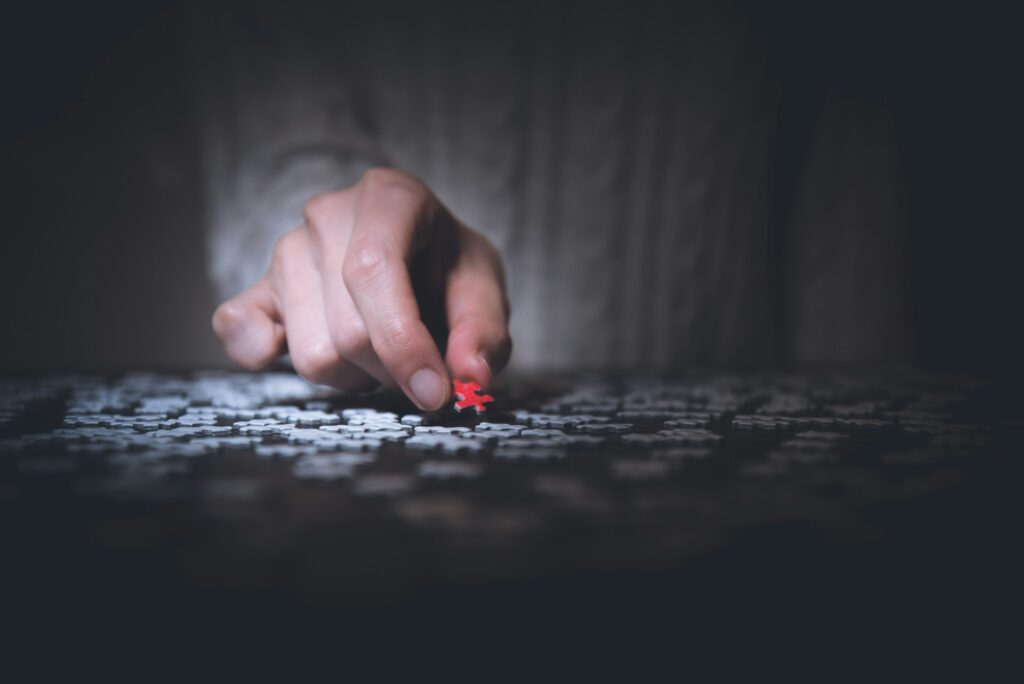THE BEST RELATIONSHIP ADVICE for even more connection, trust and support
Relationships are important – for creating connection, for a sense of belonging, for support.
There are so many different types of relationships – romantic, friendship, familial, professional. And the nature of each relationship can vary in terms of the level of connection, support, trust, reciprocity and the time that you spend together.
Continuing to build and maintain relationships of all kinds is vital for your health and wellbeing. But of all the relationships that you are part of now, or will ever experience across your lifetime, undoubtedly your most important relationship is the one you have with yourself. It’s the longest relationship you’ll ever have. It’s also the most intimate – you’re the only person who has that much access to your inner world of thoughts and feelings.
Your relationship with yourself needs to be nurtured the same way that any relationships does. It’s essential that you dedicate time and energy to the relationship.

It seems that people (including me!) are so often talking about why it’s important to invest in yourself – but what does that even mean? Investing in anything means that you expect to get back more than what you put in. Investing in yourself means dedicating your time, energy and other resources into your own growth and development resulting in an enhanced sense of wellbeing. When you are at your best, then you’re in the best position to support others, to have a positive impact on others, to make a significant difference to the world around you. This is what’s commonly known as the ripple effect.
There are many ways to invest in yourself, but it all starts with developing your self-awareness.
Self-awareness
Just because we’re always ‘with’ ourselves, that doesn’t necessarily mean that we know ourselves well. It’s easy to stop paying close attention to what is always there. At the start of a speech that David Foster-Wallace once gave to a graduating class of students (and has since become well-known), he told a story about two little fish who are swimming along when a big fish swims by and says, “Morning, boys. How’s the water?” The two fish keep swimming for a while before one of them says to the other, “What the hell is water?”
Sometimes, when something is so familiar to us, we don’t even really notice it anymore.
To carry on the metaphor further, it might be the case that we do have some general awareness of the water. We know it’s there – but we can’t tell you many details about it – what the temperature is, which minerals are present and in what concentration, how fast the water is flowing, etc.
Getting down to basics, developing your self-awareness means clarifying what is most important to you and why, discerning where you are currently in relation to the things that are most important to you, and then figuring out the best path for you to take to get (more of) these things.
Self-awareness is not a one-time thing. It’s an ongoing process. Over time we become aware of finer details and deeper layers. We notice all of the things about us that we thought were constant but are actually changing. We start to see how different pieces of the puzzle fit together.

Self-trust
For my own self-development and when working with my clients, we regularly return to the concept of self-trust.
The two components of self-trust are:
- Doing what you say you are going to do, and
- Knowing that whatever happens, you can figure it out.
Let’s focus on the first component for now.
Here are my top tips for developing self-trust:
- Each day (and/or week or month) decide what your agreements are and write down the specific actions that you are committing to taking. We often thing about having agreements between us and other people – but honouring your agreements with yourself is an ideal way to build your sense of self-trust.
- Choose agreements that are aligned with an important goal that you are trying to achieve and that you want to commit to (even if it feels uncomfortable).
- While still being specific, give yourself a level of flexibility that suits for you e.g. instead of “I will exercise at the gym every day for 30 minutes”, try one of these options:
- I will exercise at the gym for at least 30 minutes on most days.
- I will exercise at the gym for about 30 minutes more days than not.
- I will exercise at the gym (or in the garage) for 30 minutes at least 3 days a week.
- Find a way to keep track of the actions that you take and monitor your progress (here is a simple tracker that you can use).
- Celebrate your achievements and regularly review and reset your agreements as needed.
It takes time to develop self-trust, but every time that you create an agreement with yourself, and you commit to it and complete it, you’re building self-trust. Enhancing your self-trust in this way will also help with the second aspect of self-trust – knowing that whatever happens, you can and will figure it out. Having a deep sense of self-trust will ultimately help you to achieve whatever your big vision is.
Click here to read more about the link between self-trust and self-confidence.
Support and self-compassion
When you’re in a relationship with someone that you love, you learn to accept all of the different sides of them (even if you don’t particularly like each part equally). As humans, we are all perfectly imperfect. Sometimes we make mistakes. Sometimes we say or do something that we didn’t intend to. Sometimes we can’t explain why we feel a certain way. Sometimes we change our minds.
When you think about your relationship with yourself, do you love and accept all of your parts – even the parts that you don’t really like very much (you know, those parts that you’d prefer to keep hidden or pretend don’t exist)?
Are you able to say that you are fully in support of yourself, or in other words, do you have your own back?
So, what is the next step that you will take to continue developing your relationship with yourself?
Before deciding, ask yourself:
- How would I describe my current level of self-awareness?
- Where would I like to be – in the next 3 months, 6 months, 12 months?